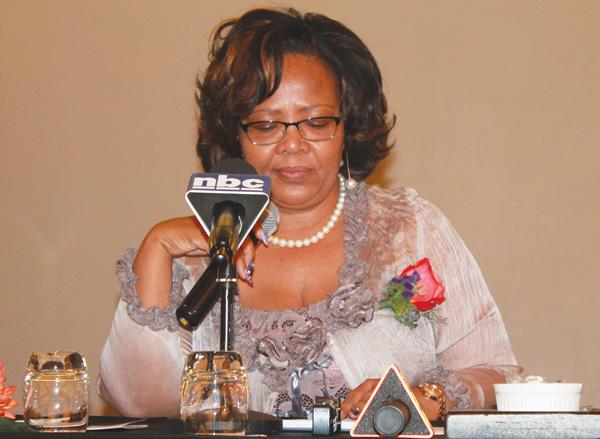
Learners to understand reconciliation in the context of Namibia

The Goethe-Institut Namibia together with the Franco-Namibian Cultural Centre (FNCC) will once again collaborate in commemorating the Elysee Treaty and will work with learners from public schools in Windhoek to foster an understanding of reconciliation in the context of Namibia.
Daniel Stoevesandt, Director of the Goethe-Institut Namibia said this year’s project of short films will take the process of French and German reconciliation as an example and through various partners aims to have learners of the German and French languages at public schools understand the process and the important role of culture in reconciliation between the two key members of the European Union (EU).
“The start of the project will be an introduction to France and Germany’s approach for reconciliation after World War I for the local youth to understand the European context of reconciliation before we explore Namibia’s reconciliation through their own stories that will become their film productions, therefore strengthening learner’s skills and self confidence,” added Stoevesandt.
“We as an institution that values cultural exchanges and their importance of creating bridges between communities are very excited to have been part o the genesis of this project and we look forward to witnessing the different interpretations the learners will give to their stories,” said Jerome Kohl, Director of the FNCC.
The project will include a selection of 50 German and French as a Foreign Language learners from public school in Windhoek will attend a series of workshops that cover numerous aspects of making a film, from writing a screenplay and shooting to editing and advertising, which will be supported by local partners Joe-Vision Production, Namibian Film Commission, National Arts Council and the College of the Arts.
The Elysee Treaty but bilateral cooperation between France and Germany after World War II on a new footing, which they signed 55 years ago on 22 January 1963.











































